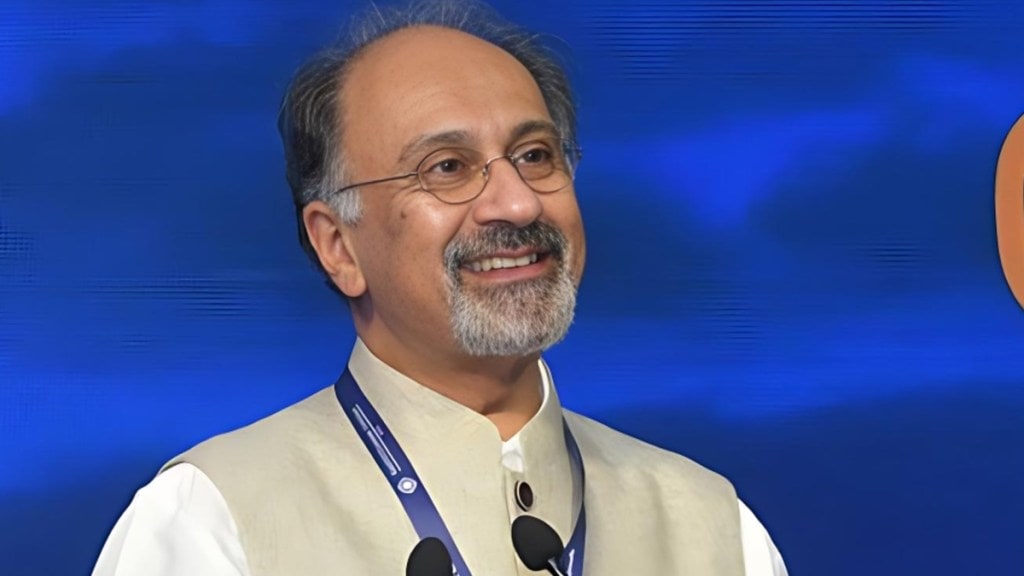World Bank (WB) Chief Economist Indermit Gill has urged India’s policymakers to accelerate structural reforms, as changes needed to transition to a high-income country are not taking place quickly enough.
To transition to a high-income country, Gill suggested that India should prioritize “improving productivity” through infusion of new technologies and innovation, particularly encouraging the growth of large firms as they are often the engines of innovation. He also stressed the importance of utilizing periods of economic crisis as opportunities to introduce structural reforms.
Speaking at CII’s Global Economic Policy Forum 2024, Gill pointed out three major structural inefficiencies in India’s economy. The first is the underutilization of capital, with unproductive firms continuing to operate and limiting the potential for resource reallocation to more efficient firms.
The second is underutilization of its talent pool, specifically women. And the third is energy efficiency. “India’s energy-to-output ratios are high, making the country one of the most energy-intensive economies globally,” Gill noted.
The WB chief economist further said that global economic growth has been decelerating, with potential growth rate in advanced economies halved over the last two decades, and emerging markets and developing economies also experiencing a decline in potential growth rate, exacerbated by geopolitical tensions, trade fragmentation, policy uncertainty and persistent inflation. He highlighted that middle income countries, including India, are more prone to slowdown compared to low or high income countries.
